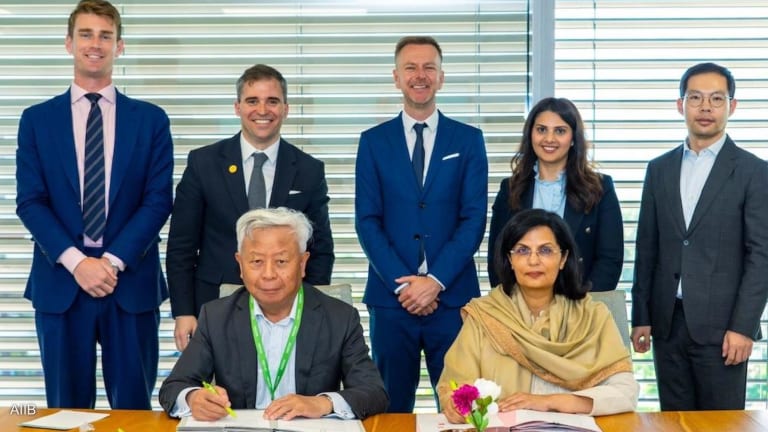Kyrgyzstan, a landlocked Central Asian country with a population of only 5.7 million, is still struggling to find its economic footing as an independent country two and a half decades after the collapse of the Soviet Union.
The country, draped across the soaring Tien Shan and Pamir mountain ranges, remains one of the poorest in the world. Despite perennial calls for Kyrgyzstan and its neighbors to return to the glorious mercantile past of the Silk Road, it’s hard to point to many signs of that kind of economic dynamism today. Tourism, mining, hydropower and agriculture all hold a lot of potential, but effective development of those industries will require a thoughtful approach, Bohdan Krawchenko, a post-Soviet policy expert and the current director general of the University of Central Asia, told Devex.
Devex sat down with Krawchenko, who helped found Ukraine’s Institute of Public Administration in 1991, at his office in Bishkek, Kyrgyzstan, to learn more about the disconnect between donor-led efforts to boost Kyrgyzstan’s prospects and the country’s own responsibility to chart a more considered course for development.








